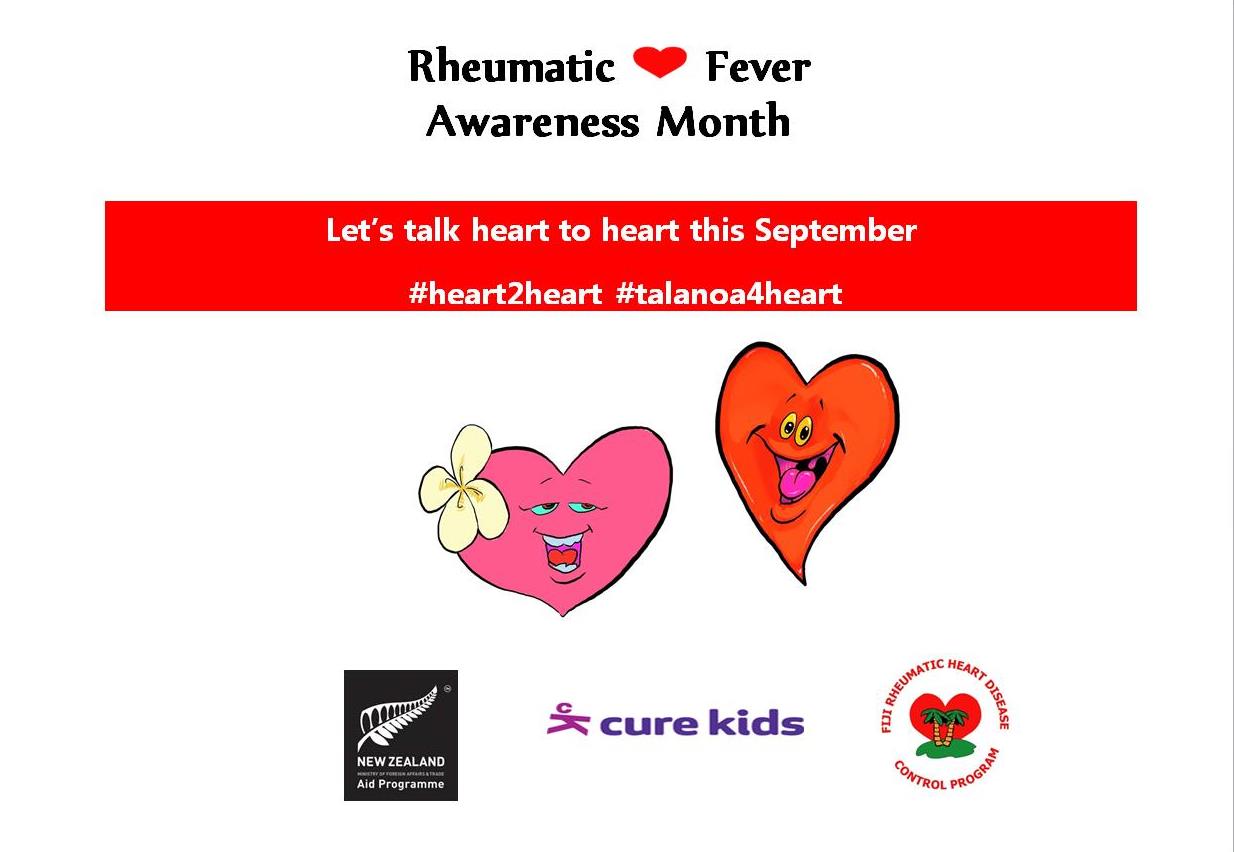DYLAN Isireli remembers a sense of loss and uncertainty when he looked back at his journey living with rheumatic heart disease (RHD).
The Year 13 student of Marist Brothers High School remembers getting very sick as a child with fever and a very sore throat before he was diagnosed with acute rheumatic fever and started receiving benza injections every three weeks.
He remembers being admitted to hospital for tests and finally being told that he had to take these injections for a long time. He remembers being advised by the doctor to stop playing contact sports, forcing him to give up rugby which he loved very much.
He takes his monthly benzathine penicillin, commonly known as benza, injections.
The treatment is to fight off the group A streptococcus bacteria that started off the events leading to acute rheumatic fever (ARF) and rheumatic heart disease, and also prevent further heart valve damage. So what is rheumatic heart disease?
The RHD Global Status Report 2015-17 lists it as a preventable disease that affects children and young people.
It says while it has practically been eliminated in wealthy countries, RHD is still common in Africa, Asia, and the Latin American and Pacific regions.
Thirty two million people, it says, around the world suffer from the condition which kills 275,000 people a year and is the most common acquired heart disease among children and young people in developing countries.
The disease hit the lime-lights when Fiji Warriors tighthead prop Iosefo Bele Tabalala died two days before the final of the World Rugby Pacific Challenge in Suva in 2015. Post-mortem results confirmed he died as a result of severe valvular heart disease.
Police spokesman at the time, Inspector Atunaisa Sokomuri said the medical report stated this was caused by rheumatic heart disease.
The rugger died in his sleep and was found motionless by his roommate at the Southern Cross Hotel in Suva. However, while rheumatic heart disease can affect a person’s life expectancy, the World Heart Federation says it can be prevented and controlled.
And that is a positive factor. It says rheumatic fever is caused by a preceding group A streptococcal (strep) infection. Treating strep throat with antibiotics can prevent rheumatic fever.
Regular antibiotics (usually monthly injections), it says, can prevent patients with rheumatic fever from contracting further strep infections and causing progression of valve damage.
As parents and guardians, we should be vigilant and proactive.
This month is set aside for RHD.
Let’s understand the disease, take precautions and refer loved ones with sore throats to the doctor as soon as possible






